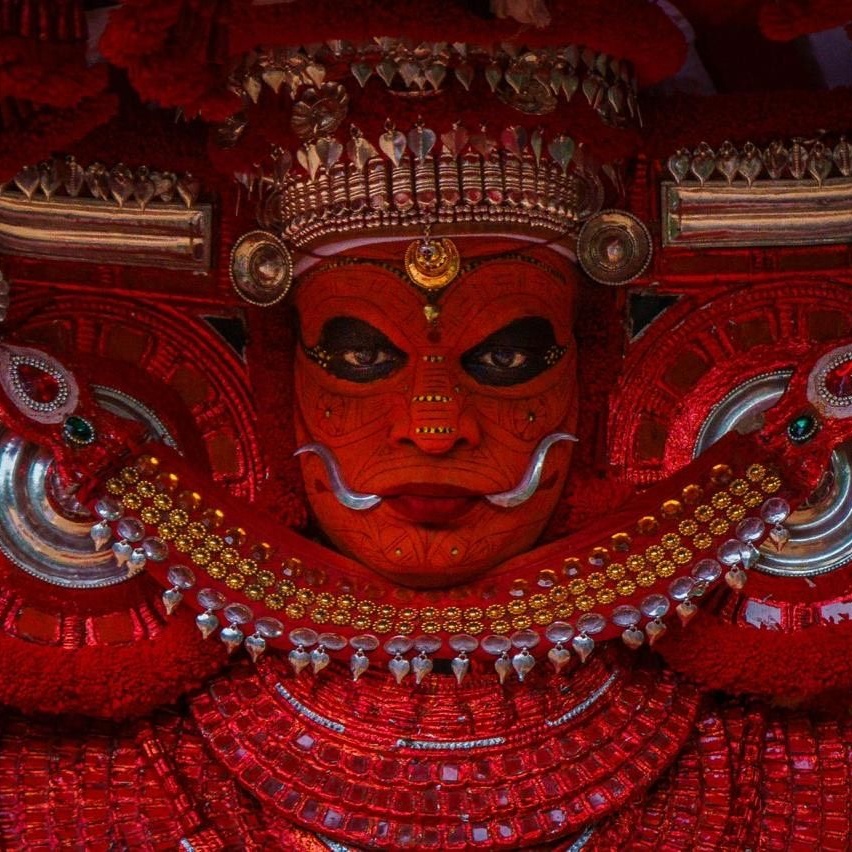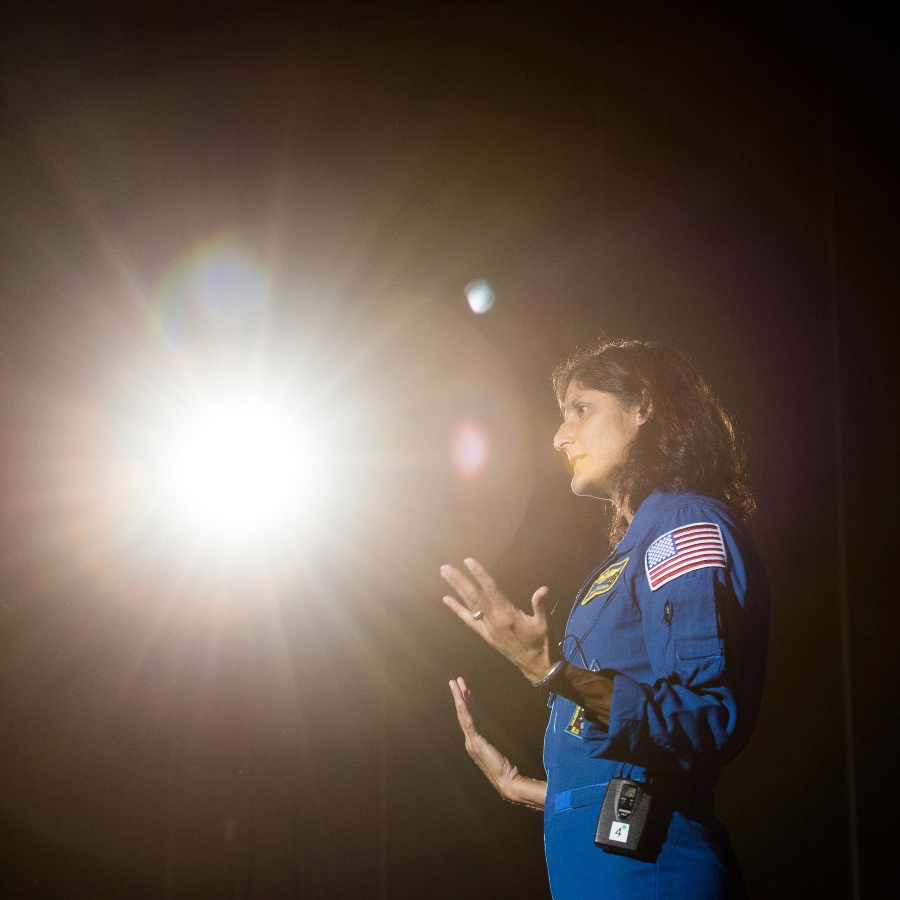Within the comma of a second, Usha Uthup has abandoned a sentence midway to dive headfirst into a song. “Maine tujhse mohabbat ki hai / ghulami nahin...” she pipes a verse from ‘Bindiya Chamkegi’, the classic Laxmikant-Pyarelal composition from the 1969 film Do Raaste, originally sung by Lata Mangeshkar. In a flash, her voice turns from saccharine to sazerac. “I’m gonna dance all night, baby,” she purrs like your regular 365 party girl. “I’m gonna sing all night.”
All the world’s a stage for Usha Uthup... even a Zoom call on a December afternoon between Kolkata, her adopted home, and Mumbai, the land where she was born and where I sit. Music and a flair for the dramatic have been hallmarks of the 77-year-old singer’s universe—throughout a storied career as club crooner, Bollywood playback singer, queen of pop, the OG cover-song superstar. Right now, though, she’s illustrating how she adapts her performances for new audiences because I’ve asked her if it really feels that nostalgia is driving a lot of our culture lately. “The past is everything for me, but I use it to make the present better,” she explains.
But is it just plain nostalgia that can explain the Usha Uthup renaissance we’ve seen in 2024? Because what else to call it? There was that viral ‘Flowers’ moment in the spring, a Padma Bhushan in the summer, new original music in collaboration with artists like Rani Kohenur, Aakriti Kakkar, and Apache Indian in the fall, and headlining festivals like NH7 Weekender (which was cancelled at the last moment) and Serendipity Arts Festival, Goa this December. It’s safe to say that those of us not living in Kolkata hadn’t seen this much of Usha Uthup in a while—perhaps not since the release of Vikas Jha’s book, The Queen of Indian Pop: The Authorised Biography of Usha Uthup, at the Kala Ghoda Festival weeks before the pandemic hit.
Now, she has young people coming up to her on flights to hand her fan letters. They leave comments like “She ate and left no crumbs” on her YouTube and Instagram channels, and I don’t know what she really makes of that. “A couple came and said they’d love to hear me sing ‘Killing Me Softly’. And you know, it must be some 40-50 years ago that I first sang this song. The youngsters love ‘I Will Survive’, ‘Hotel California’, ‘Summer of ’69’—songs that I’ve been singing for donkey’s years now. Retro is where it’s at, believe me. Music is cyclic—like life itself, no?”










